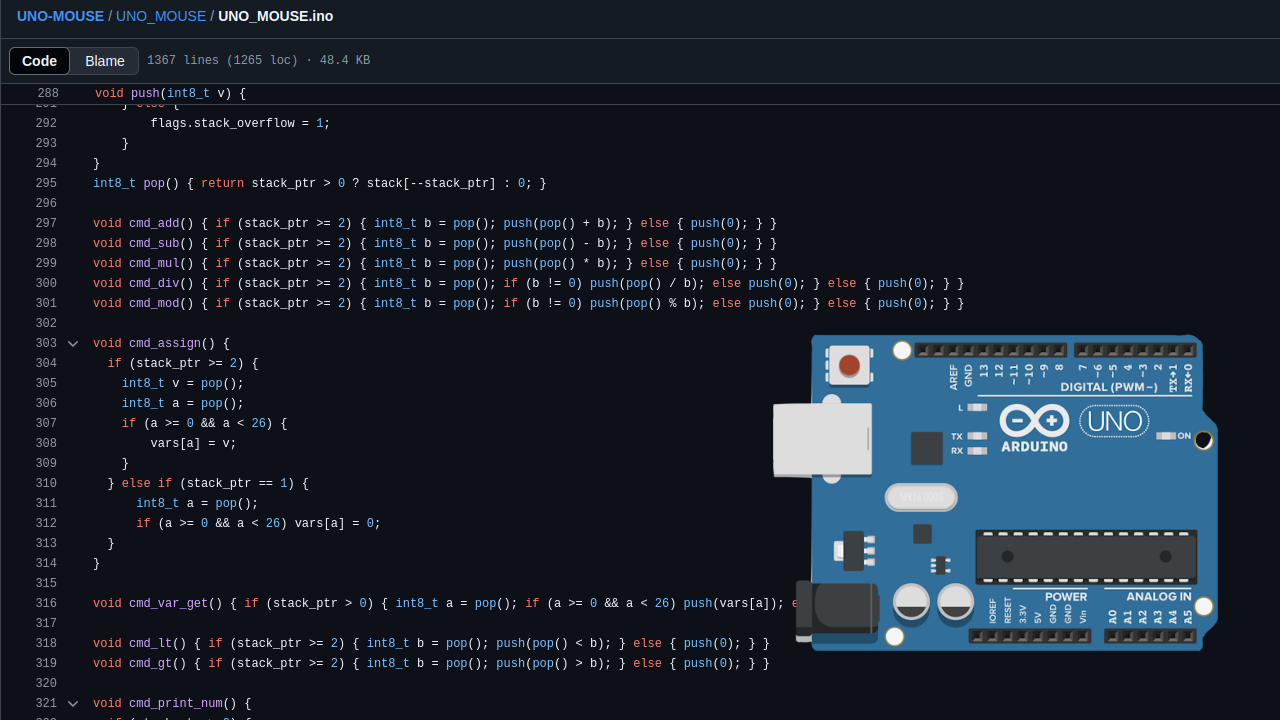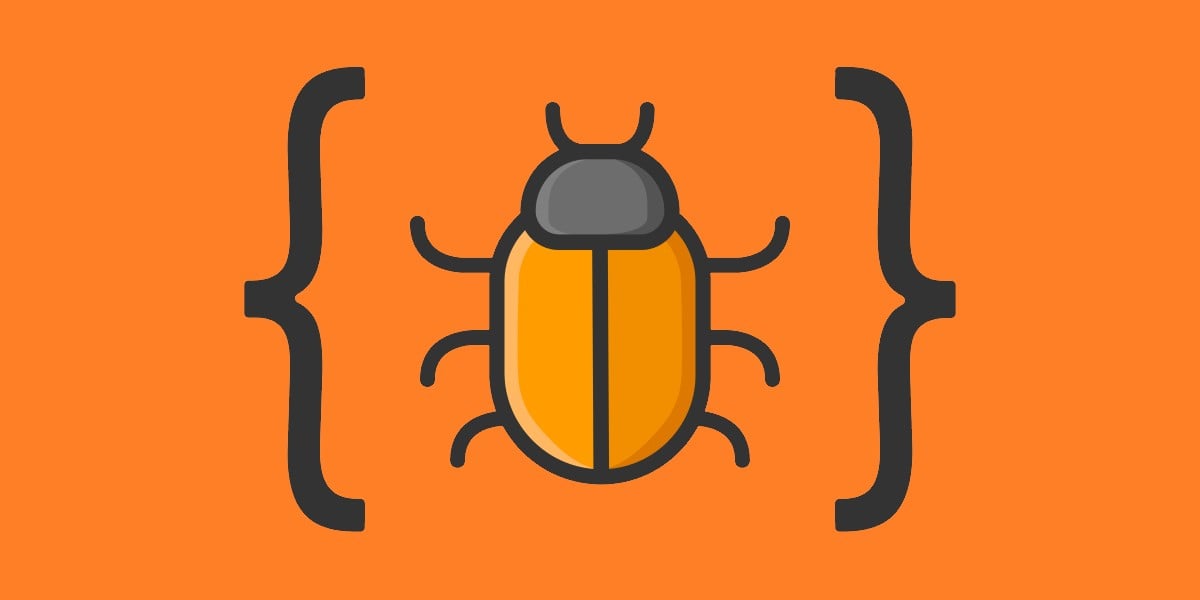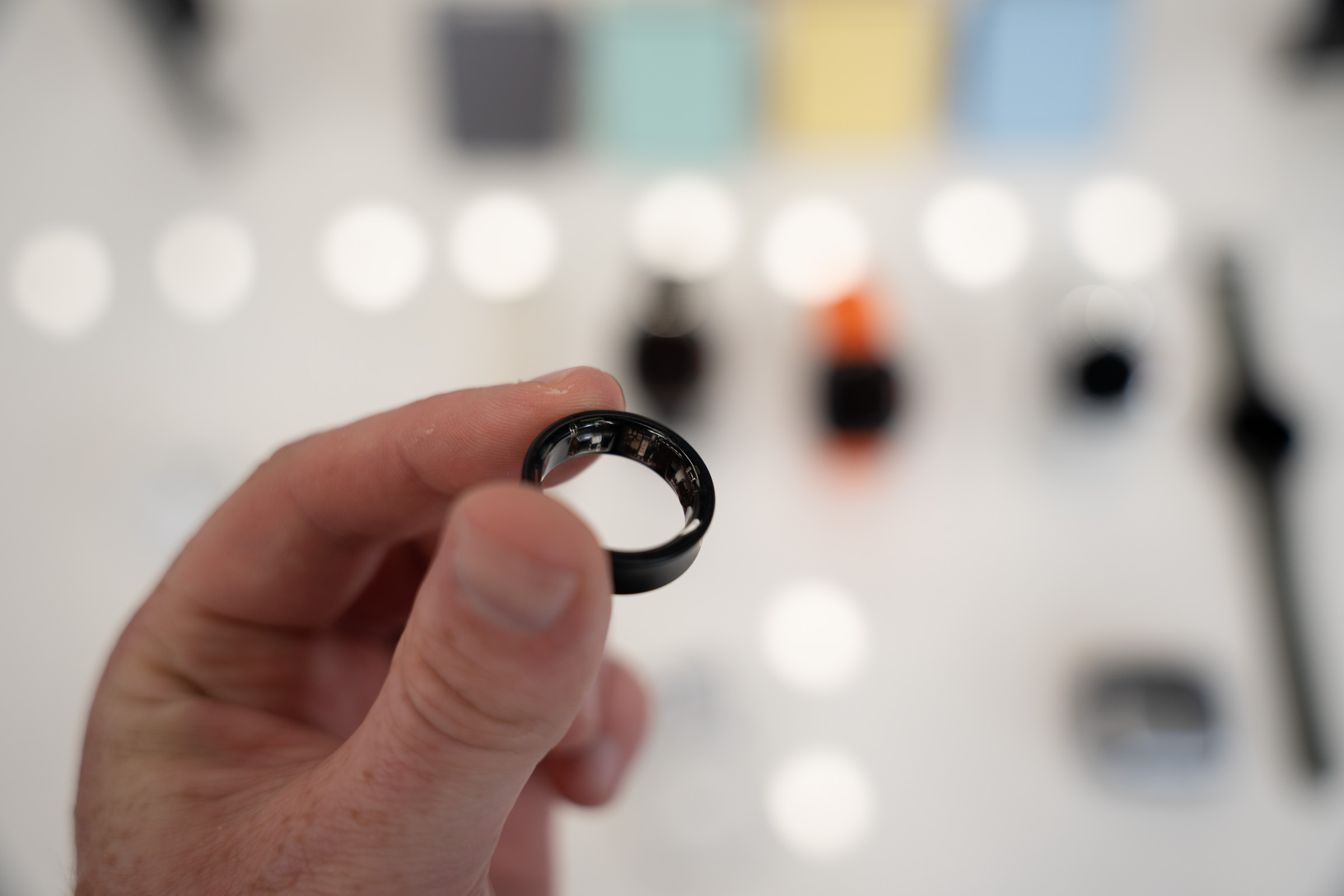Unlikely hero: Azeedo is battling pests and plant diseases with invasive weeds
The Bengaluru-based agritech startup is using extracts from the highly invasive congress grass to develop a crop-shielding product that prevents plant diseases and enhances yield.


When biotech student Koushik Bose was struggling to narrow down the focus of his final year project, the head of department at his college turned him towards an abundantly available, yet unwanted resource: weeds.
The weed in question? Parthenium hysterophorus, a highly invasive alien species and notorious weed that has expanded its range from a couple of islands in the 18th century to more than 46 countries and territories across the world today. This weed species was also encroaching upon the grounds of Bose’s university campus. Following his belief that every natural source is useful, he decided to put it under the microscope.
The “frankenspecies”—widely known as congress grass—came to India in the 1950s as part of the US government’s Food for Peace programme at a time when India was grappling with a severe food crisis. The 2 million tons of wheat helped assuage hunger, but left behind a weed that would take over swathes of land and cause health problems. Since then, congress grass has taken over almost 35 million hectares of land, according to a study published in International Journal of Life Sciences.
“My research revealed that this weed is immune to most diseases that other crops like paddy are susceptible to pest attacks, fungal diseases, and bacterial infections,” Bose says. He realised then that the weed must have a unique property which could be utilised for crops. “If one was able to harness that and apply it to other crops, then they could also survive inhospitable conditions,” Bose tells YourStory.
This eureka moment led Bose to found Azeedo, an agritech startup that aims to revolutionize agriculture by promoting chemical-free farming practices. The startup is headquartered in Bengaluru since its inception in 2019 and has an office in Dhanbad—Bose’s hometown.
Getting started
Bose took up the challenge of weeding out the harmful elements from congress grass head on. “In college, I did a project in extracting phytochemicals. That’s my forte,” he says.
His experiments soon revealed that collecting the weed at a specific period during its growth cycle, extracting phytochemicals, and mixing them with four types of oils could create a mix that worked as a powerful shield–for crops.
Azeedo Shield, a bio-formulation derived from natural phytochemicals, provides natural defence against pests and disease. It can be used via the Foliar spray method (applied directly to a plant's leaves) or via the drip irrigation method (released into the soil).
However, the path to getting Azeedo Shield right wasn’t easy. “I worked on the first trial alone and had created a product using Parthenium and talcum powder. That prototype wasn’t successful; farmers reported side effects like burning leaves (caused by the talcum powder),” he recalls.
In 2023, he hired the startup’s first and only employee; together, they continued experimenting on congress grass. “I switched to a liquid form, and we worked until we finally got the product,” Bose says.
The patent-pending product has been tested in multiple cities, including Bengaluru, Dhanbad, Ahmedabad, Nashik, Meerut, Purvanchal, Satara, and Tuljapur.
Organic impact
According to the United Nations’ Food and Agriculture Organization, 40% of global crop production is lost due to pests and diseases, leading to economic losses of $220 billion and $70 billion respectively. In India alone, the CropLife India & Yes Bank Knowledge Report 2023 suggests an annual loss of Rs 2 lakh crore due to pests. Multiple studies also show the worsening of soil health on prolonged use of chemical fertilisers.
Bose’s solution to mitigate this problem has a silver lining—no procurement costs. “Since congress grass is an invasive weed, vendors sell it to us for free. They don’t think something beneficial can come out of it,” he says.
The early pilot tests of Azeedo Shield have been received positively. In Tuljapur, a farmer used it on soybean crops and noticed a 15.3% increase in yield and made a profit of Rs 7,827.20 per acre. Another farmer in Dhanbad reported that his chillies germinated in 10 days as opposed to the usual 14 days with chemical fertilisers. A ridge-gourd grower in Uttar Pradesh saw an approximate 30% yield increase.
But there weren’t many takers in the beginning. Bose devised a unique marketing gimmick to resolve this problem: he decided to showcase the same product on the company’s website under varied names such as Azeedo Soil Health, Azeedo Crop Shield and Azeedo Fungi Shield, among others.
“When we were pitching our product to many government organisations, most didn’t believe that one product could solve multiple problems. Farmers also subscribe to a more traditional belief system, and it was very difficult to convince them to switch to one product,” he says.
Azeedo plans to pitch a singular final product, Azeedo Shield, once it builds more trust with farmers. All their products (which are all Azeedo Shield essentially) are uniformly priced at Rs 1,500 per litre. The startup is also backed by three organisations: Jagriti Enterprise Foundation in Uttar Pradesh, Digital Impact Square by TCS Foundation in Maharashtra and Dr. Bansi Dhar Institute in Delhi.
The company has received multiple grants, including the Nidhi-Prayas grant of Rs 8 lakh from the Department of Science and Technology, the RKVY-Raftaar grant of Rs 5 lakh from the Ministry of Agriculture, a Rs 7.5 lakh grant after winning the Ministry of Education’s National Innovation Contest and a Student Startup Innovation Policy (SSIP) grant of Rs 1.7 lakh from the government of Gujarat.
What comes next?
Bose believes India is slowly heading towards using more organic products. But they can’t sell on environmentalism alone.
“First, it needs to be a quick action product. You can’t say—use our green product for two or three crop cycles to start seeing results. No one can afford that much time. Second, the yield needs to be either on the same level when using chemical fertilisers or higher,” he says.
Bootstrapped with around Rs 25 lakh (grants included), Azeedo plans to raise about Rs 1.5 crore in the next two years in a pre-seed round. But that will come after the product is protected under intellectual property rights.
Azeedo competes with many agritech startups, including startups like BioPrime AgriSolutions, and Satyukt Analytics, and bigger players like Bayer CropScience and Syngenta.
But Bose has big plans, including a team specialising in AI and machine learning to position Azeedo not just as a crop product company but as a plant clinic solution.
“We want to develop a holistic approach toward plant protection and cure. The Indian agricultural market leans largely towards cure, but we believe we can start to change that. Our product is not just meant to cure a problem but can be used to prevent diseases as well,” Bose says.
Edited by Jyoti Narayan















































































































































































![[The AI Show Episode 148]: Microsoft’s Quiet AI Layoffs, US Copyright Office’s Bombshell AI Guidance, 2025 State of Marketing AI Report, and OpenAI Codex](https://www.marketingaiinstitute.com/hubfs/ep%20148%20cover%20%281%29.png)


![[The AI Show Episode 146]: Rise of “AI-First” Companies, AI Job Disruption, GPT-4o Update Gets Rolled Back, How Big Consulting Firms Use AI, and Meta AI App](https://www.marketingaiinstitute.com/hubfs/ep%20146%20cover.png)







































































































































































































































































_Prostock-studio_Alamy.jpg?width=1280&auto=webp&quality=80&disable=upscale#)














































































































































![Mobile Legends: Bang Bang [MLBB] Free Redeem Codes May 2025](https://www.talkandroid.com/wp-content/uploads/2024/07/Screenshot_20240704-093036_Mobile-Legends-Bang-Bang.jpg)








































